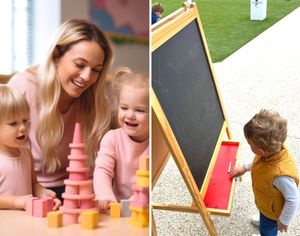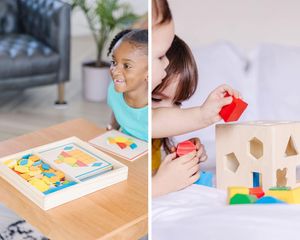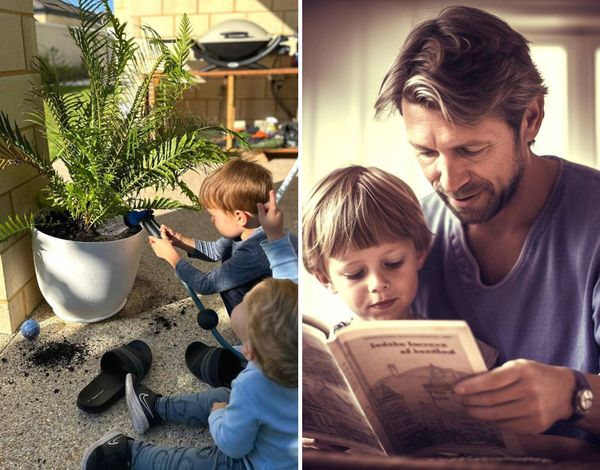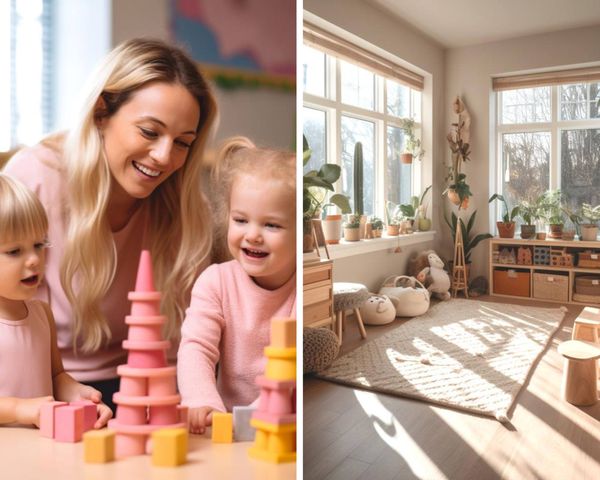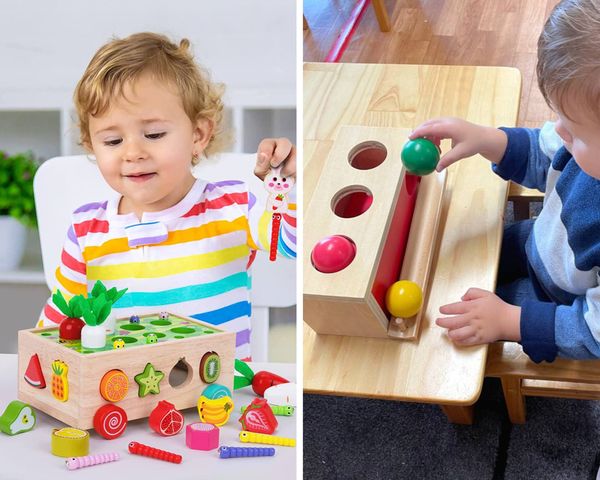Stepping into the role of a Montessori parent was, for me, like unlocking a secret door to my child's world. Suddenly, I found myself not just observing, but truly understanding their journey of exploration and self-discovery. What I'd stumbled upon was a pathway to nurturing my kid's life in a way that respected their individuality and curiosity - this is the magic of the Montessori parenting style.
In my previous article, I explained that I didn't set out on this journey with the intention of following the Montessori philosophy. Some aspects of it came naturally to me. However, as I became more familiar with the philosophy, it provided me with a more structured approach.
Inspired by Dr. Maria Montessori's pioneering work in the early 1900s, Montessori parenting transforms our perspective of child-rearing. It gives children the space to explore and grow, valuing their independence and innate curiosity. It's about striking a balance, providing comfort and freedom while maintaining healthy, reasonable boundaries. As a Montessori parent, I've learned to step back, trust my child's natural instincts, and embrace my role as a supportive observer in their journey.
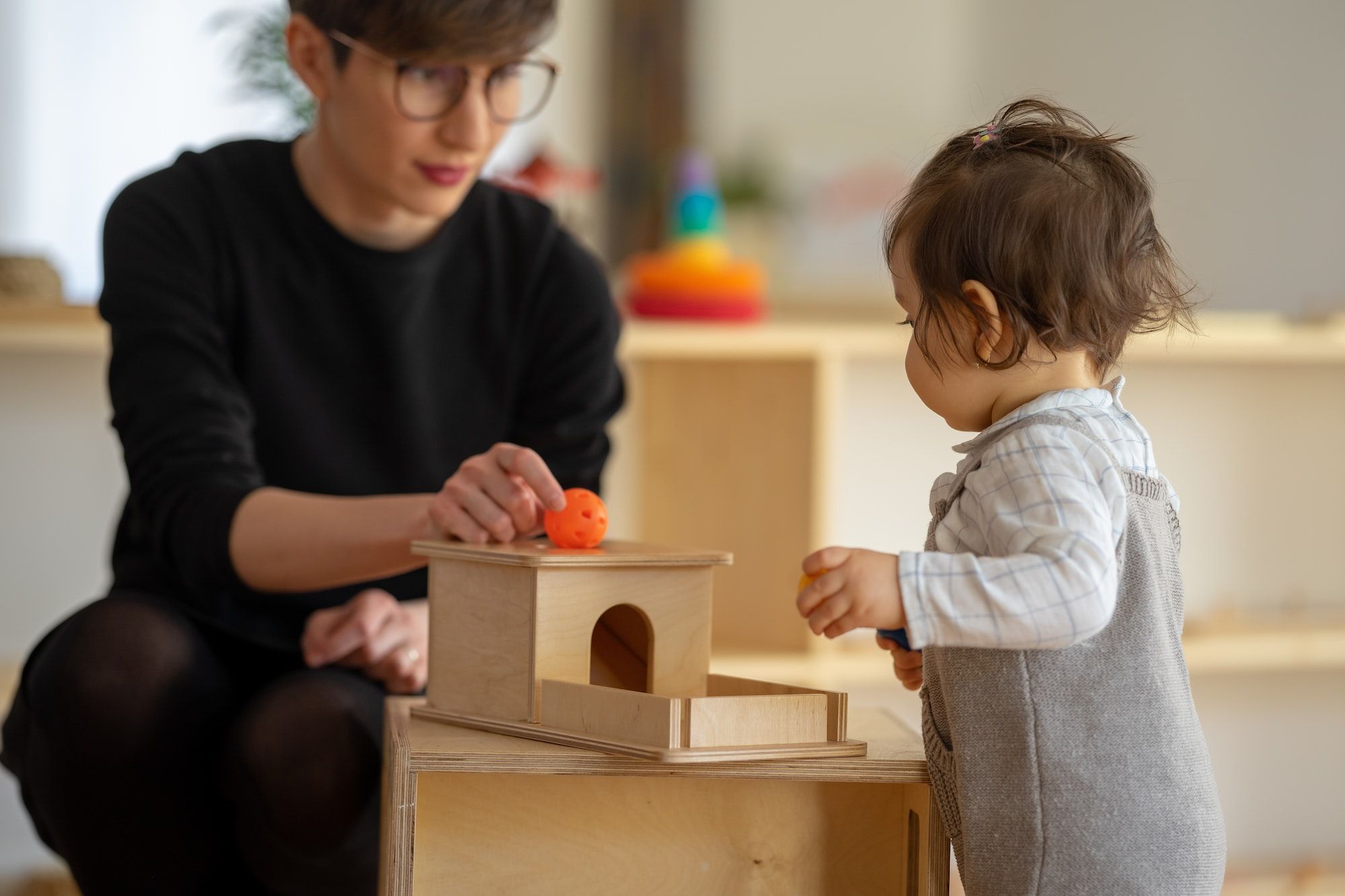
In this enlightening guide, we'll:
- Dive deep into the heart of Montessori style parenting.
- Unpack the key concepts of the Montessori philosophy.
- Discuss the nuances of various Montessori parenting approaches.
- Offer practical insights on how to create a Montessori environment at home.
- Explore the pivotal role of parents in supporting their children's development during sensitive periods.
- Share practical life skills and activities that align with the Montessori way.
- Navigate through the important considerations when choosing the right Montessori school.
- Discuss the undeniable benefits of a Montessori education.
In each section, I'll be sharing my experiences and insights, aiming to provide you with a clearer understanding and a practical guide to Montessori parenting.
This journey into Montessori parenting is not just about adopting a child-rearing style - it's about embracing a philosophy that enriches your child's life and nurtures their potential. It's about fostering a love for learning, instilling confidence, and promoting personal growth.
Montessori parenting may not resonate with everyone, but for those who connect with its principles, like myself and my wife, it offers a compelling, rewarding approach to raising well-rounded individuals.
So, if this is something that interests you, let's begin this enlightening journey together.
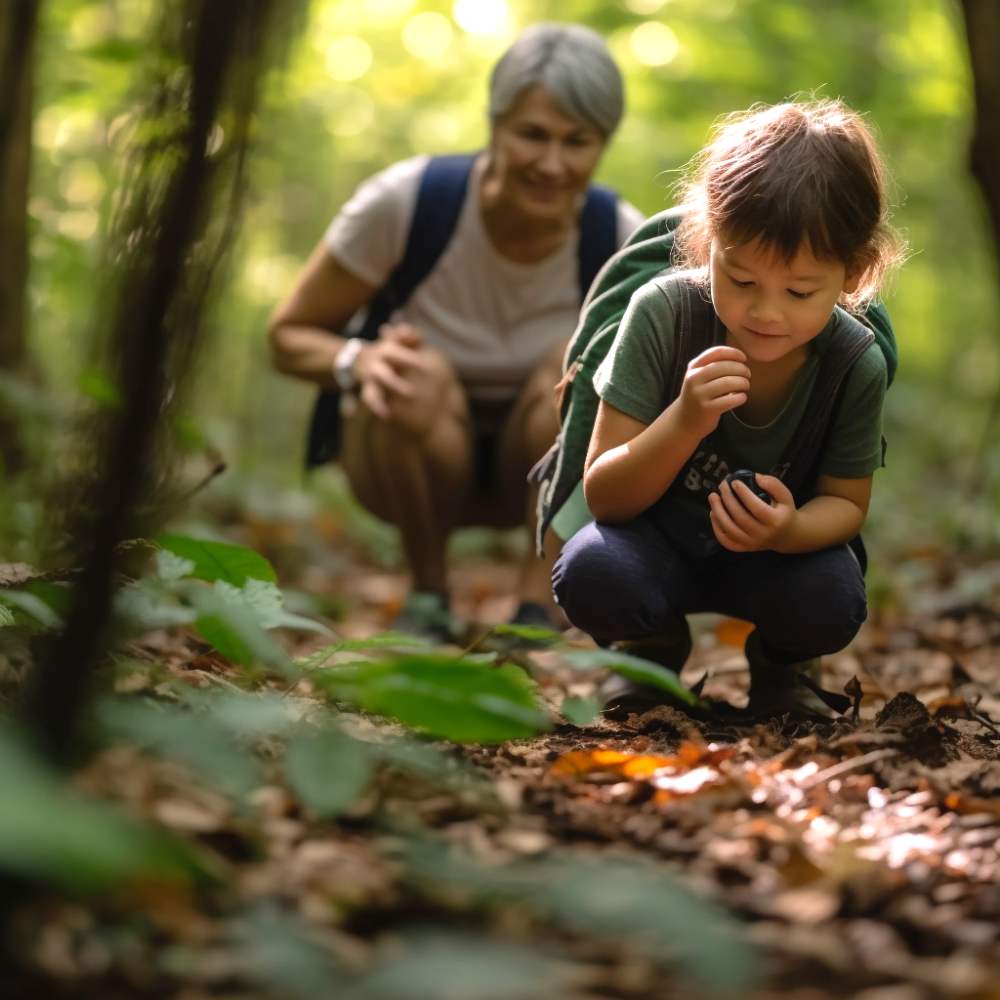
Montessori Philosophy and Principles
Key Concepts
Montessori education is based on several key principles that emphasize individual learning, independence, and respect for a child's natural development. Some of the essential concepts include:
- Prepared environment: An environment is designed to cater to a child's developmental needs, allowing them to explore and learn at their own pace. Materials are tailored to support their emotional, cognitive, and physical growth.
- Hands-on learning and practical life activities: Montessori education values tactile learning experiences to encourage active engagement and help children understand complex concepts.
- Embrace the Absorbent Mind: Montessori classrooms empower children to be independent thinkers and decision-makers, fostering a sense of autonomy and self-confidence.
- Respect: Montessori-inspired philosophy emphasizes respect for oneself, others, and the environment, promoting responsible citizenship and empathy.
Maria Montessori, the first female physician in Italy, developed the Montessori method in response to her clinical observations of children's learning. Montessori saw children as complete human beings with their hopes, dreams, fears, emotions, and longings. Today, Montessori education is widely regarded as a transformative educational approach, impacting countless children worldwide.
Maria Montessori's legacy continues to thrive through the global expansion of Montessori schools and sustained interest in her innovative educational philosophy. By focusing on the individual child and their developmental needs, Montessori education fosters a lifelong love of learning and emotional well-being.

Montessori Parenting Approaches
Authoritative vs Permissive Parenting
In Montessori parenting, the approach leans more toward authoritative parenting rather than permissive parenting. Authoritative parenting in this context involves setting boundaries and implementing rules while maintaining warmth and understanding.
In contrast, permissive parents often avoid setting limits and tend to be more indulgent. Montessori parents embrace a parenting style that focuses on nurturing children's natural curiosity while creating a safe and dynamic environment. This approach requires parents to observe and adapt to their child's preferences and interests, rather than forcing a traditional educational plan on them.
Empathy and Mutual Respect
Montessori parenting places a strong emphasis on empathy and mutual respect. Parents are encouraged to foster an environment in which children can express their emotions openly and feel genuinely heard. This can be done through several practices, such as:
- Narrating feelings to help children understand and manage their emotions
- Practicing active listening
- Modeling respectful behavior and treating children as individuals
Fostering Independence
One of the fundamental elements of Montessori parenting is promoting independence and responsibility in children, or embracing the absorbent mind. This can be achieved by:
- Providing opportunities for children to make choices and solve problems on their own
- Encouraging exploration and hands-on learning experiences.
- Creating a prepared environment that allows children to navigate and learn at their own pace
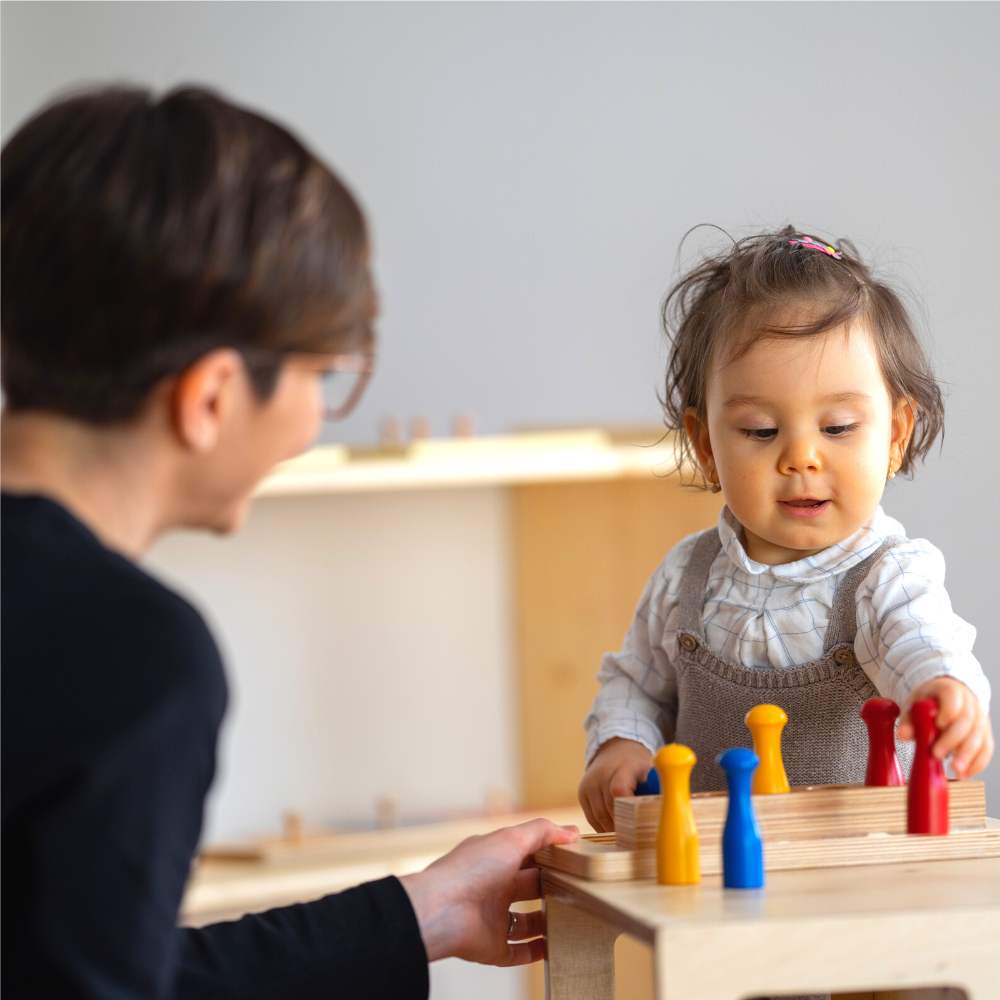
In essence, the Montessori way of raising kids is a mindful and purposeful journey, cherishing empathy, mutual respect, and self-guided learning. I've realized that in order to teach kids through this method, especially younger children, allows them to mature into well-rounded individuals who feel respected, valued, and capable of handling life's hurdles.
However, it's critical to remember that the Montessori style isn't a cookie-cutter solution. Instead, it offers flexibility, allowing each family to discover the right blend of providing guidance and fostering autonomy, always keeping their unique child's life and needs at the forefront - and I'm a strong believer in that. It's about pinpointing what works best for you and your child as you embark on this rewarding journey of Montessori parenting.
Creating a Montessori Environment at Home
The Prepared Environment
The Prepared Environment is a crucial aspect of the Montessori method. It refers to creating an organized, orderly and accessible environment that supports children's development. By simplifying your home, you enable your child to understand what is expected of them. Ensure that the environment is clutter-free and consider using child-sized furniture so that every area of your home can be conducive to learning.
- Use low shelves for easy access to toys and learning materials.
- Provide a designated space for each activity, such as a reading or art corner.
- Label shelves and drawers to help your child develop a sense of order and responsibility.
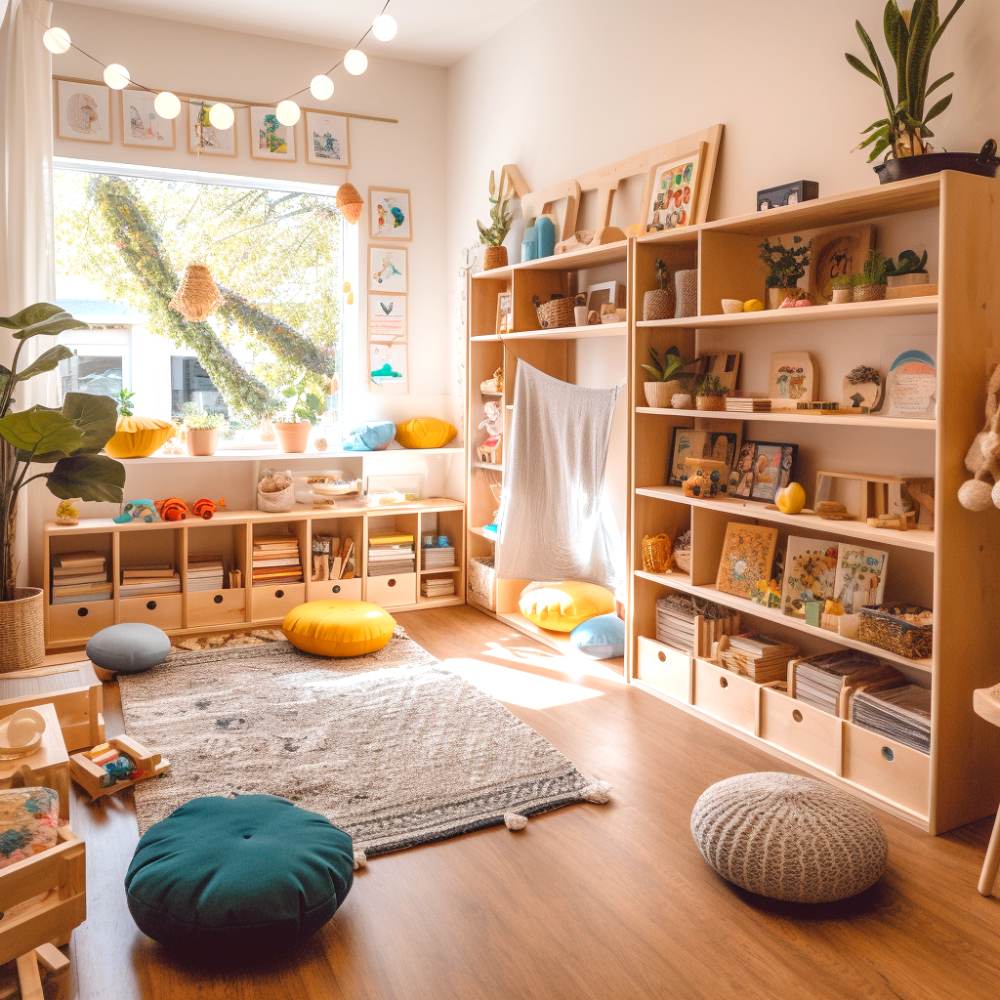
Selecting Toys and Materials
Opt for simple and natural materials that serve multiple purposes, as these can be more engaging and versatile for children. Observe your child's interests and cater to their developmental needs. Keep in mind:
- Select open-ended toys that allow for creativity and exploration.
- Opt for materials that are size-appropriate and suited to their age.
- Rotate toys and learning materials to maintain your child's interest and engagement.
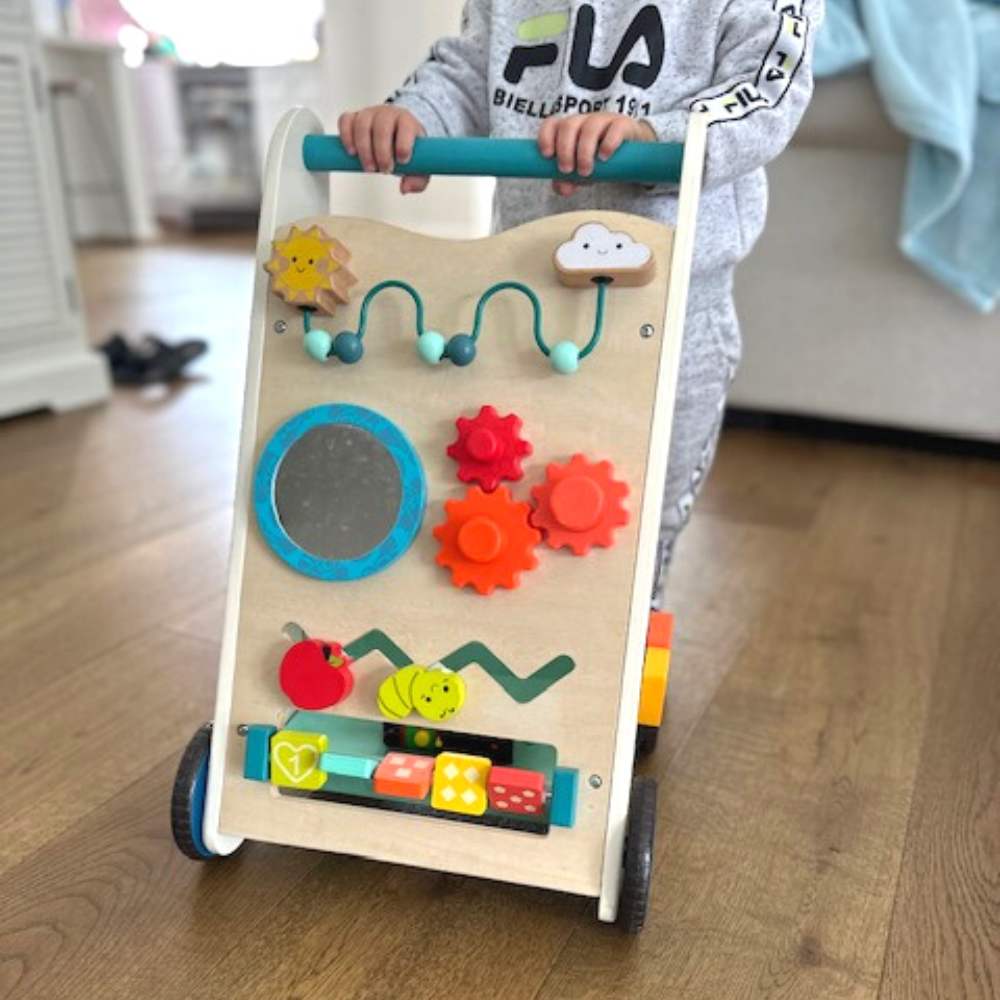
Organizing and Maintaining Order
Maintaining order in a Montessori environment helps children take responsibility for their learning and instills a sense of ownership. Implement these strategies to maintain order:
- Encourage your child to return items to their designated places after use.
- Periodically declutter and reorganize the environment to ensure it remains accessible and engaging.
- Model tidying and organizing behaviors to help your child develop good habits.
Creating a Montessori environment at home, even from a young age, can greatly impact your children's development. This space, echoing the Montessori preschool setup, becomes a safe haven for their development, encouraging them to learn practical skills, unleash their curiosity, and establish their independence.
Selecting the right toys and materials is part of the process, and maintaining an organized, orderly space that evolves with your child's interests is crucial. This is a key element of the Montessori program, one that fosters a sense of self-confidence, responsibility, and independence.
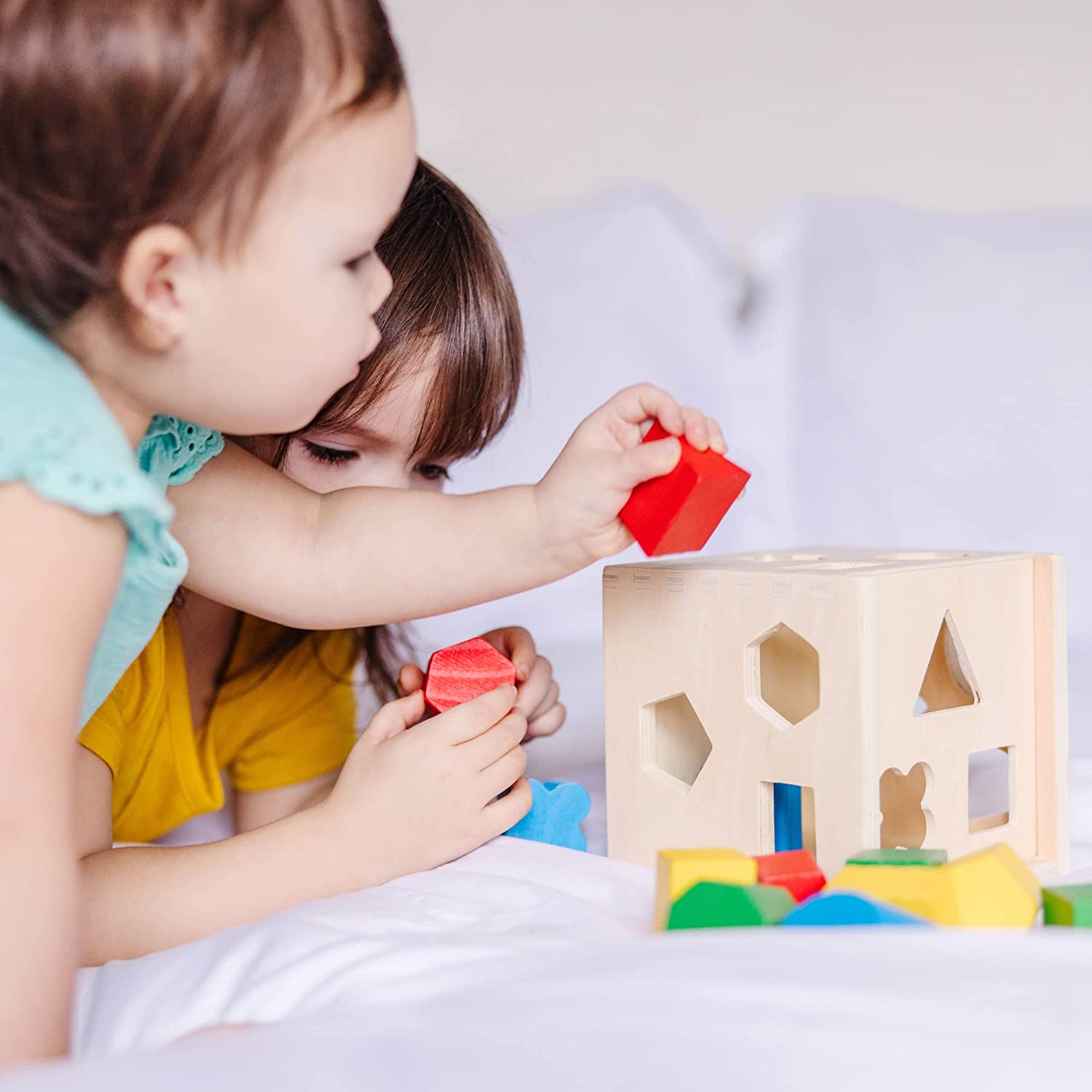
Remember, the Montessori approach is not a rigid framework but a fluid guide that changes as your child grows. Adjust and adapt as needed, keeping your eyes open to their changing needs and interests. I delve deeper into this in my popular article, Empower Your Child: Your Guide to Montessori at Home.
The Montessori parenting style, at its core, is about nurturing your child's natural desire to learn and grow, and creating a home environment that supports this is one of the most empowering steps you can take.
Child Development and Sensitive Periods
Understanding Developmental Needs
Children undergo significant changes as they grow, and their developmental needs vary during each stage of their lives. A sensitive period in Montessori education refer to specific time frames when children are most receptive to learning new skills and information. By understanding these sensitive periods, parents can better support their children's development, and identify when their child might need additional assistance or encouragement.
The Absorbent Mind
The concept of the absorbent mind encapsulates the idea that children, between birth and six years old, are more sensitive to their environment and experiences than at any other time. During this stage, children have an extraordinary ability to absorb information and knowledge.
This developmental period is characterized by heightened sensitivity for learning key life skills, such as language, movement, and socialization. During the absorbent mind phase, children undergo distinctive sensitive periods that cater to their specific developmental needs.
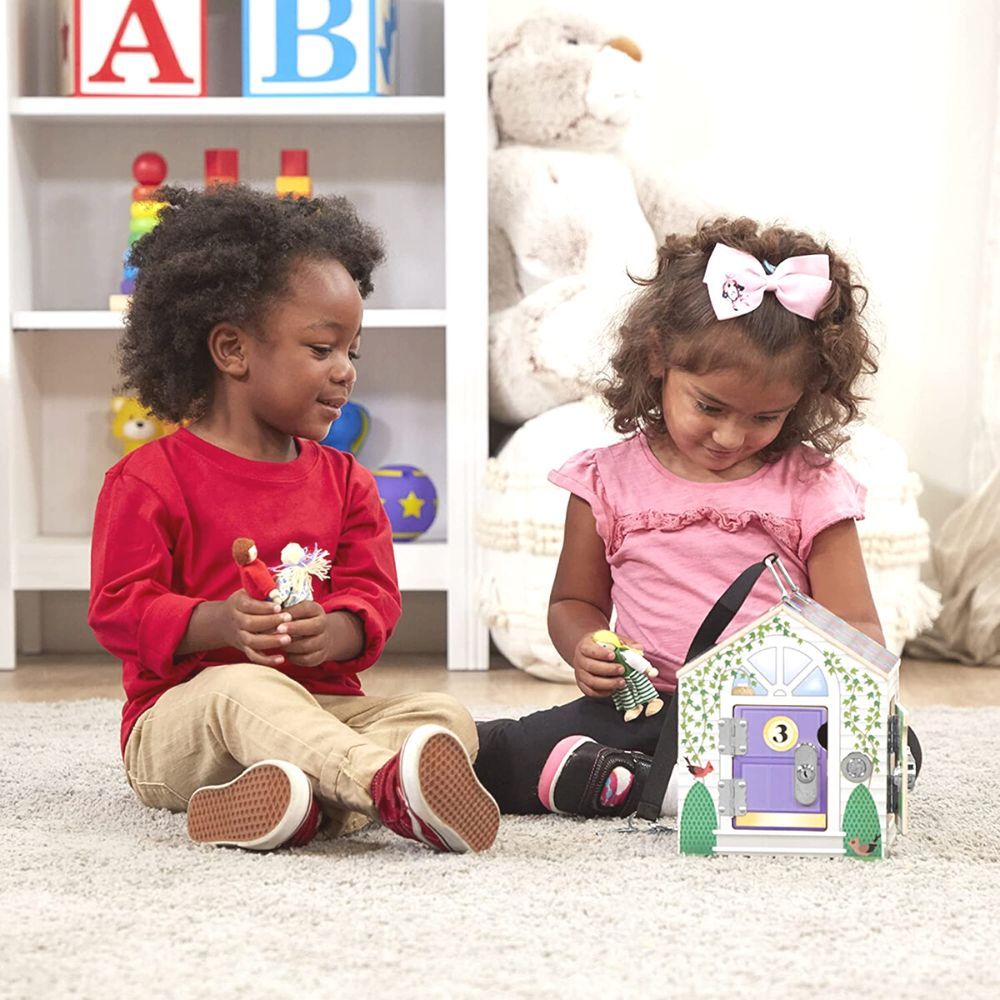
Role of Parents in Supporting Development
Parents play a crucial role in their child's development during sensitive periods. They can support their children by observing and identifying which sensitive periods their child is currently in. By providing an environment that caters to their child's needs, parents can help their child learn and develop essential skills.
Some of the common Montessori sensitive periods include:
- Movement (1 to 4 years old): Develop gross and fine motor skills
- Language (birth to 6 years old): Improve communication and vocabulary
- Order: Learn to organize and systematize
- Sensations: Fine-tune the senses
- Emotional Control: Develop self-regulation and coping skills
- Music: Develop an appreciation for rhythm and melodies
- Math: Build a strong foundation for numeracy
- Patterns: Understand and establish patterns
- Reading: Develop reading skills
- Writing: Improve writing abilities
- Small Objects: From ages one to four, children have a strong inclination towards small objects, as they are going through a highly sensitive developmental stage.
- Letters: Children develop a heightened sensitivity and curiosity towards letter shapes and sounds as well.
Encouraging a child to engage in activities that align with their current sensitive periods can greatly enhance their learning experiences and overall development. Understanding child development and sensitive periods can truly make a difference when it comes to supporting our little ones. It's not uncommon in our current education system to see children struggle, often because their unique developmental needs aren't being met. The Montessori parenting style, however, embodies a different approach.
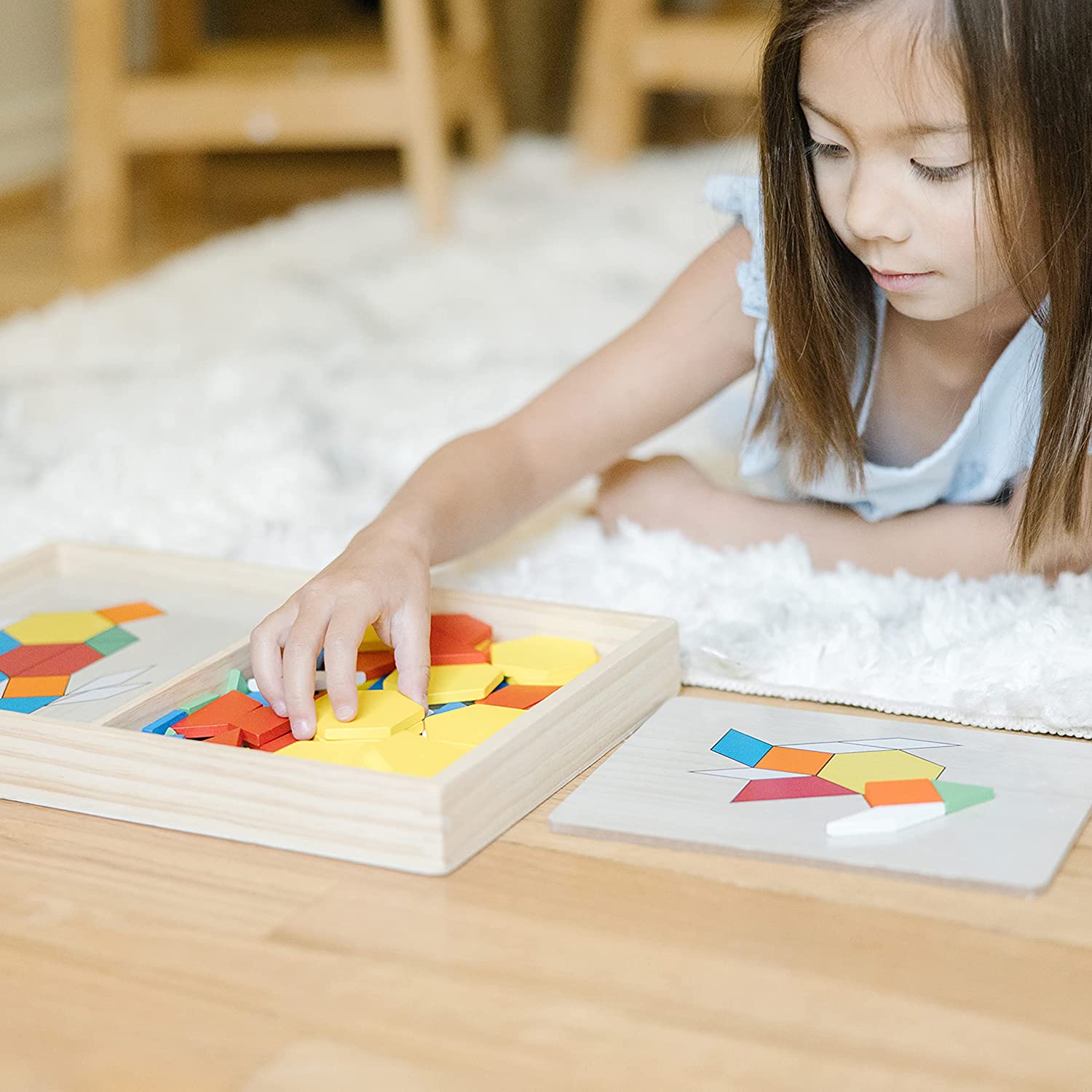
Montessori embodies the belief in following the child's lead, ensuring their natural curiosity is nurtured, and their growth is supported during these pivotal stages. It's about creating an environment that aligns with their developmental needs, providing a sturdy foundation for lifelong learning and growth.
Remember, every child is unique and recognizing their individuality is a significant part of the Montessori way. If you're looking for more insights and practical activities tailored to your child's age and developmental needs, I recommend exploring my other articles, like the Montessori Activities by Age.
Practical Life Skills and Activities
Encouraging Exploration and Discovery
Montessori practical life activities provide ample opportunities for children to explore and develop their curiosity. By engaging in activities that involve real-life tasks, children gain a sense of accomplishment and positive self-esteem. One aspect of Montessori education is the emphasis on hands-on learning, which promotes exploration and discovery.
This approach allows children to learn through their senses and encourages them to ask questions and seek solutions to problems.
Some examples of exploration and discovery activities include:
- Pouring liquids
- Sorting objects by color, shape, or size (check out some examples for 2 and 3 year olds)
- Preparing and serving food
- Nature walks
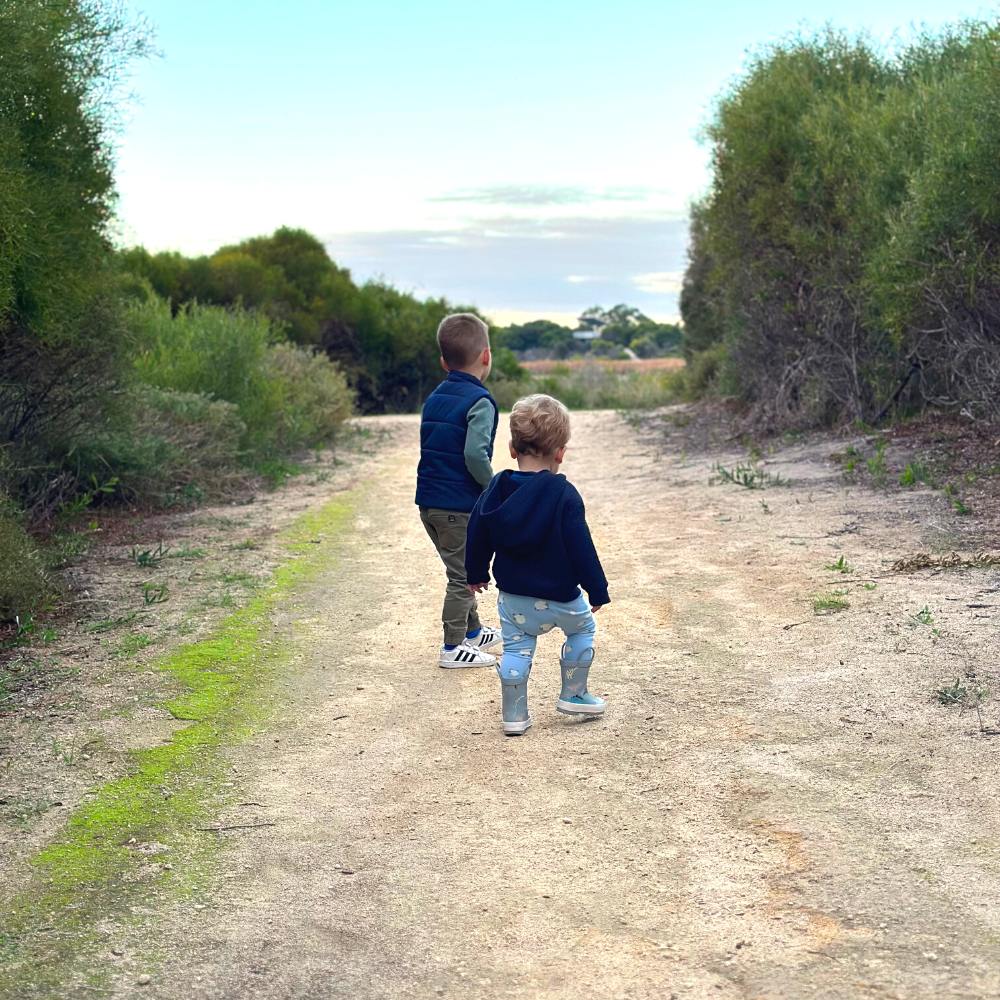
Promoting Self-Discipline and Concentration
Montessori practical life activities also help develop self-discipline and concentration. Children are encouraged to take ownership of their learning by choosing activities that interest them and working at their own pace. Montessori materials are designed to foster focus and attention to detail, allowing children to practice self-discipline and develop concentration skills.
Examples of activities that promote self-discipline and concentration include:
- Buttoning and unbuttoning clothing
- Folding and hanging laundry
- Watering plants
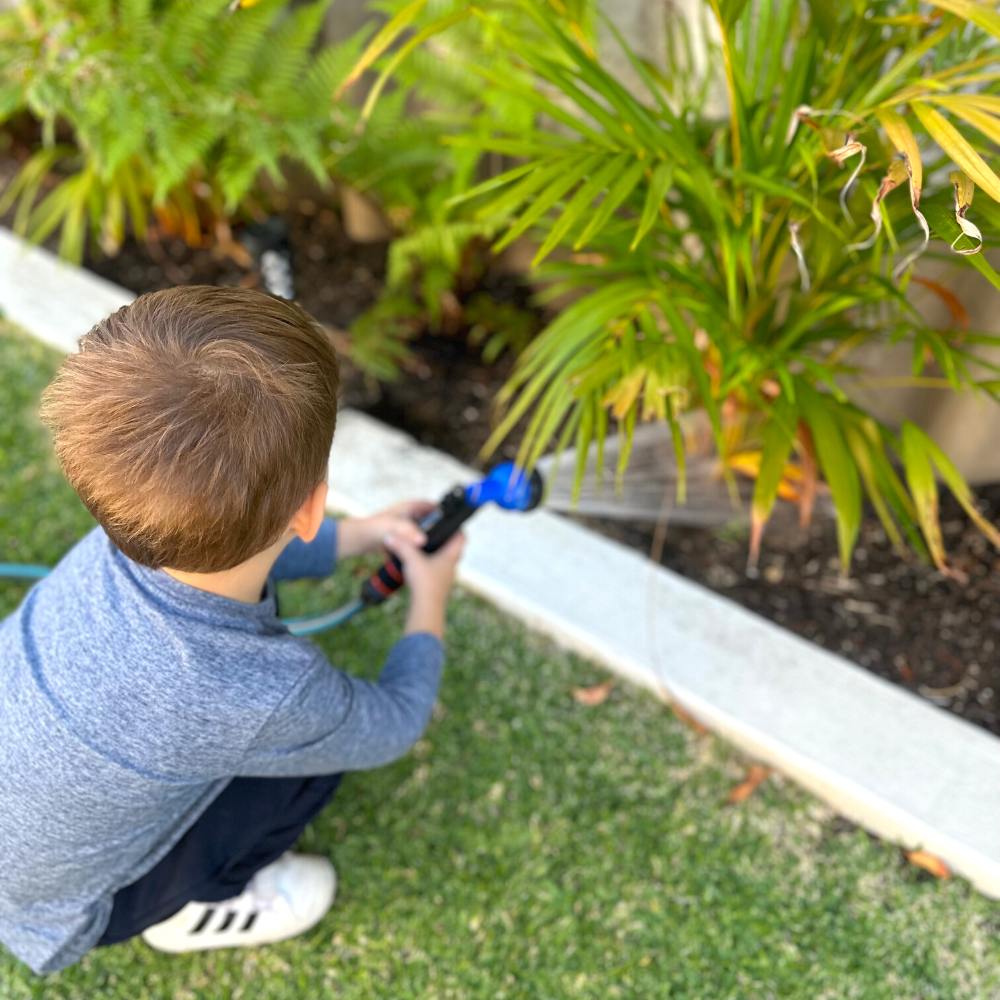
Teaching Responsibility and Problem-Solving
Through hands-on activities, children learn valuable practical skills, such as responsibility and problem-solving. Montessori practical life tasks are designed to mimic real-life situations, allowing children to tackle age-appropriate challenges and develop a sense of responsibility.
Examples of activities that teach responsibility and problem-solving include:
- Sweeping and mopping the floor
- Setting the table for a meal
- Care of pets
In the heart of Montessori parenting lies a profound appreciation for practical life activities. They truly are the cornerstone in guiding our children to develop vital skills such as exploration, self-discipline, concentration, responsibility, and problem-solving.
Bringing Montessori into our everyday life and incorporating these teaching methodologies goes beyond academic knowledge. It's about nurturing the whole child, equipping them with a solid understanding of the world, and their unique place in it. We're not just teaching our children facts - we're cultivating their curiosity, sparking their love for learning, and preparing them for a life filled with discovery and personal growth.
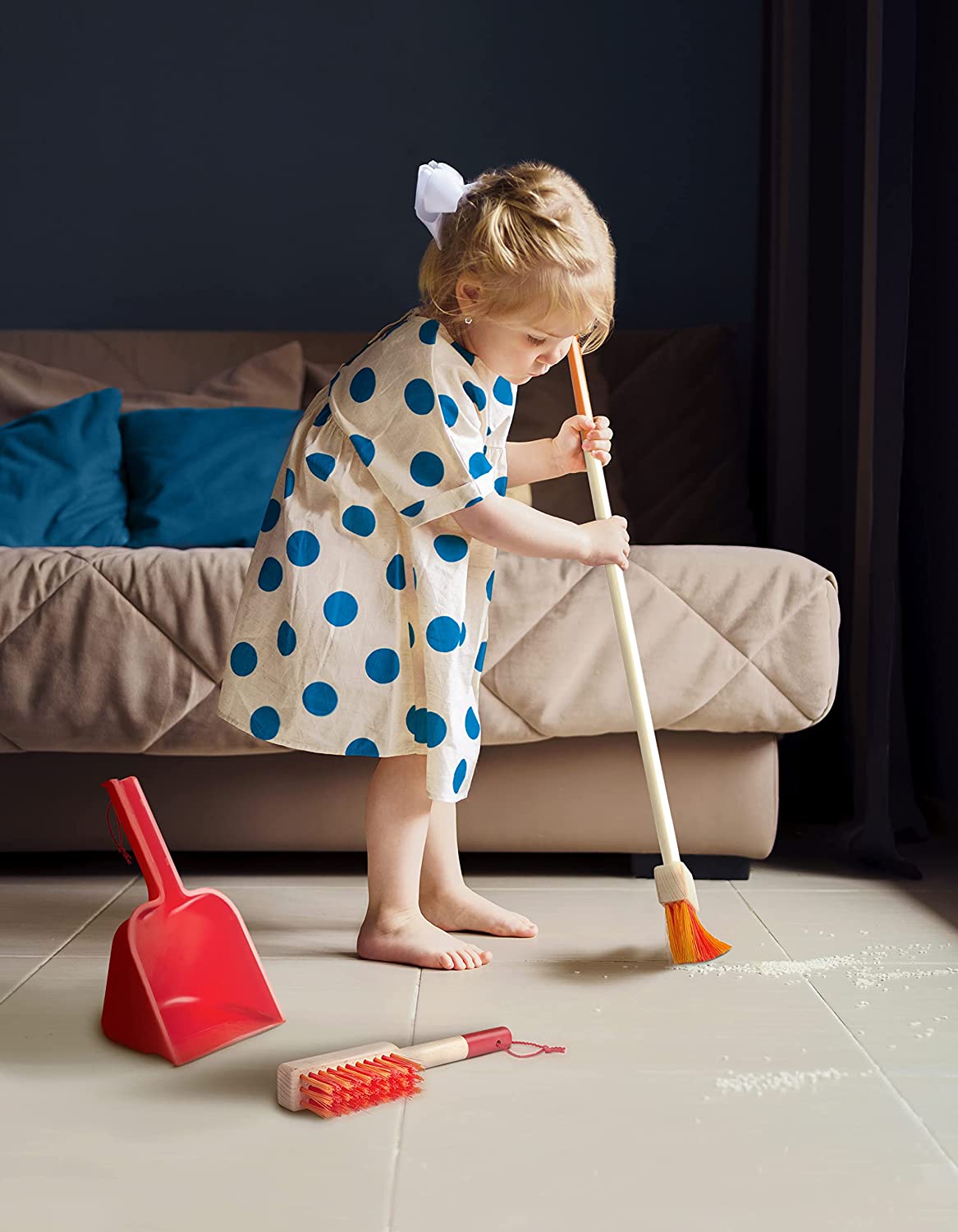
Choosing the Right Montessori School
When selecting a school for your child, it's essential to consider certain factors. Firstly, ensure that the school follows the Montessori approach and has certified Montessori teachers. Moreover, make sure that the school caters to your child's age group and offers authentic Montessori materials.
- Teacher Certification
- Age-appropriate level
- Authentic Montessori materials
Additionally, don't forget to consider aspects like location, tuition fees, and transportation options, as they might significantly influence your final decision.
Visiting and observing classrooms at potential schools allows you to gain valuable insights into their teaching methods and overall environment. A typical Montessori classroom should:
- Allow children to work independently or in groups
- Encourage the child's natural curiosity
- Have a peaceful and orderly atmosphere
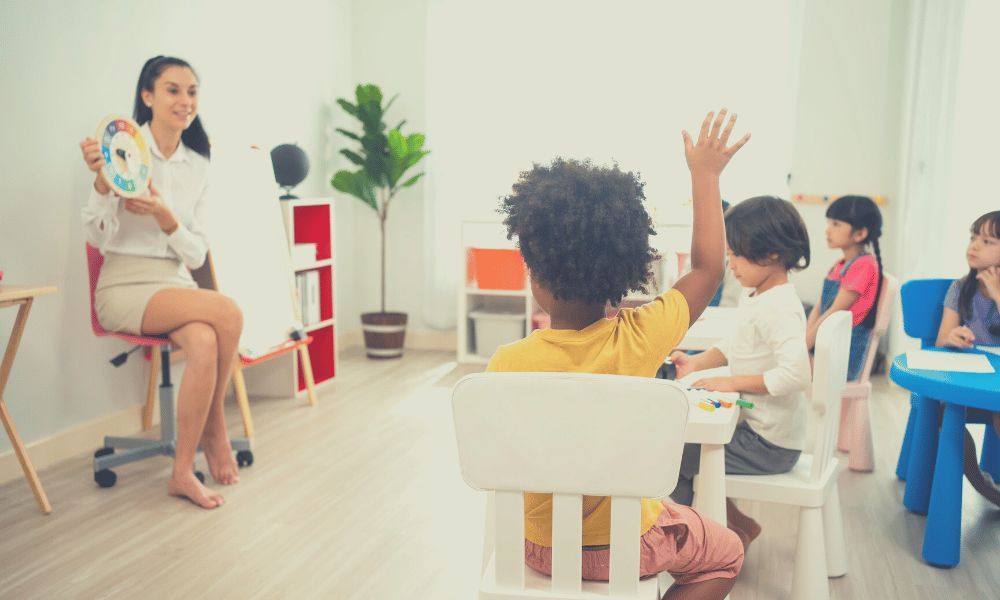
Observe the interaction between teachers and students, and pay attention to how they communicate and guide children through the learning process. Ideally, the Montessori teacher should act as a role model and facilitator, providing personalized instruction.
Ultimately, it's crucial to select a Montessori school that aligns with your personal values and expectations in education. Research the school's philosophy, and ask about their specific approach to Montessori methods. You want to ensure that the school not only adheres to principles but also works to instill the same values you hold dear as a family. It's vital to find a school where both you and your child feel comfortable and supported.
Our Closing Thoughts
Embracing Montessori principles as parents is more than just a teaching method; it's a way of life that nurtures your child's development and complements the learning experiences they have in a Montessori classroom. By fostering an environment of curiosity, inquiry, and exploration, we create a space for our children to thrive and grow holistically.
In the end, the essence of Montessori parenting lies in nurturing our children's independence, empathy, social skills, and love for learning, both at home and in their educational environments. By consistently applying the principles, we can support the development of well-rounded individuals who are equipped to face life's challenges and opportunities. Like I mentioned previously, some of the activities fall organically within our style of parenting and the needs of our kids so we push them more - others not so much, so we don't incorporate as much. remember to listen and watch your child for what they want; what their true north is. And you'll be fine.
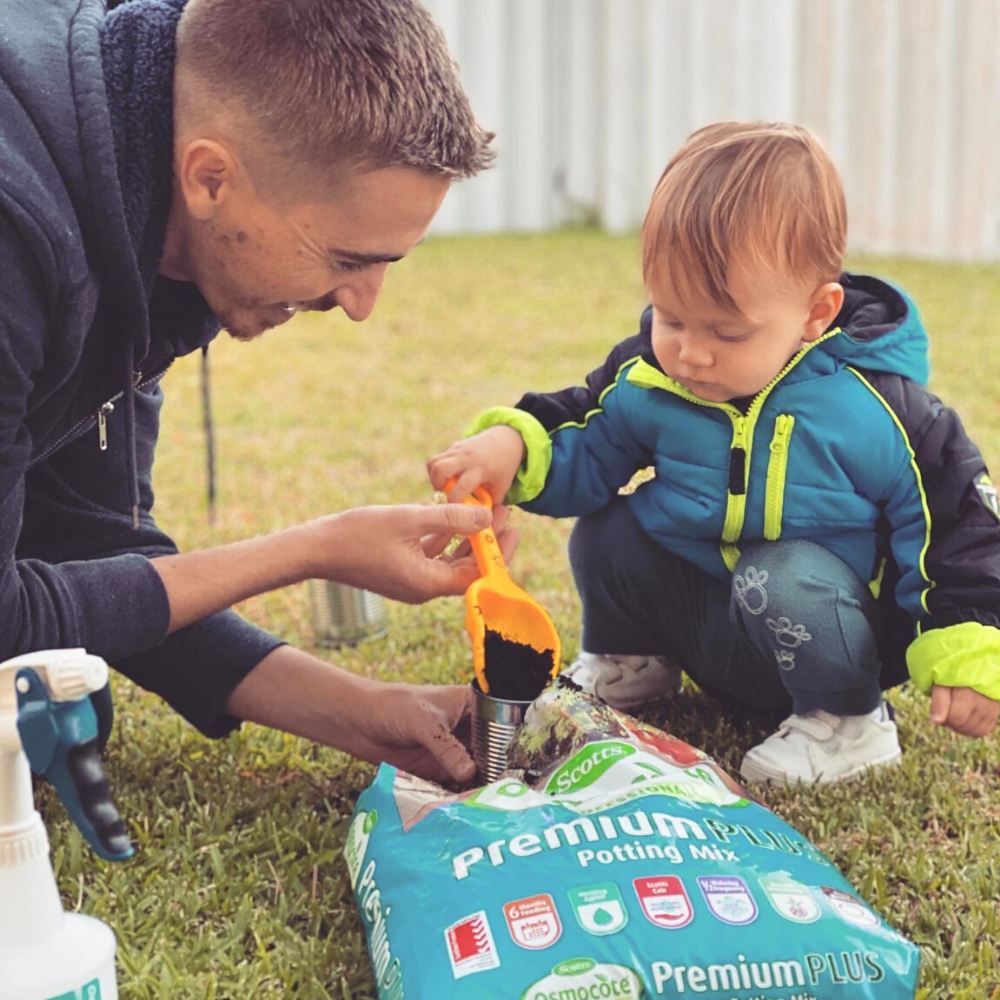
Looking ahead, we're excited to delve even deeper into the specific techniques of Montessori parenting:
- We'll explore how these principles can be applied in everyday situations at home, as well as during travel, turning every moment into a learning opportunity.
- From morning routines to family vacations, we'll offer practical tips and strategies to help you incorporate Montessori principles seamlessly into your young one's life.
- We'll share inspiring success stories from our vibrant Montessori community. Hearing about the transformative power of the Montessori approach from fellow parents can provide valuable insights and encouragement.
As parents, we share the joy of witnessing our children's growth and become a part of their incredible journey of self-discovery. Together, we create a brighter future for our children, one step at a time.


